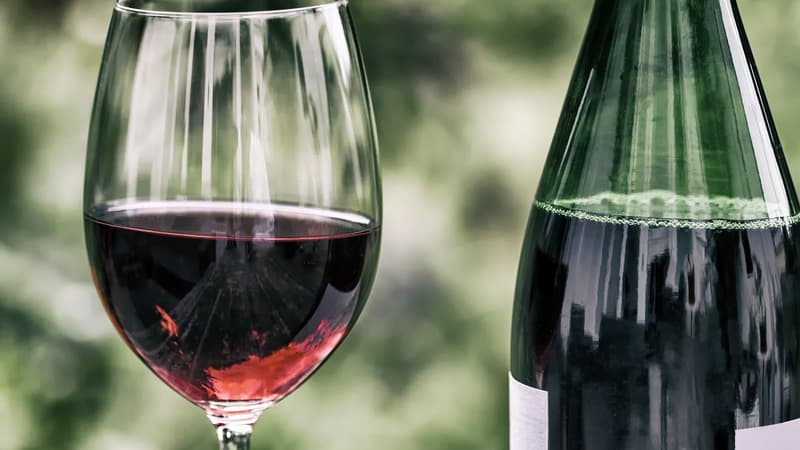The proposed agreement between the EU and Mercosur is shaking up French agriculture. Without a doubt, all voices in France agree in trying to hinder it, although it could be signed at the beginning of December by the European Commission, driven by the strong support of some Member States, in the image of Germany and Spain.
However, behind a facade of French unanimity, certain sectors could emerge winners from such a trade agreement, foreseeing a new prosperous relationship with the South American Mercosur countries, starting with wines and spirits, immutable export champions. French.
The wine and spirits sector “is clearly offensive” in the EU-Mercosur agreement, unlike the “defensive position” maintained by cereals, sugar or beef, confirms Elvire Fabry, researcher at the Jacques Institute Delores. Currently, Mercosur countries (Brazil, Argentina, Uruguay, Paraguay, Bolivia) apply customs duties of 27% on wine. They range between 20 and 35% in the case of spirits, such as whiskey or gin. The text provides for a total elimination, in the long term, of these customs tariffs. Mechanically, French alcohols would be much more competitive in the Brazilian, Argentine or Uruguayan market.
The Mercosur countries today represent only a small part of French exports. According to figures from the French Federation of Exporters of Wines and Spirits (FEVS), none of them were among the top 20 of our exports in 2023, largely dominated by North America, Asia and European neighbors. All eyes are on Brazil: its 220 million inhabitants represent important opportunities.
Spain and Portugal
But the French are not alone on the starting line. Spain and Portugal, other major wine producers, are showing interest in Latin America, which explains, among other things, the strong support of Madrid and Lisbon for the trade agreement. Especially because due to the cultural proximity with the Mercosur countries, the two Iberian countries have an advantage.
The treaty includes the protection of 357 European geographical indications, where French alcohols occupy around thirty places.
In a world rocked by trade tensions, Mercosur (and especially Brazil) could breathe new life into French exporters by gaining some market share in Latin America. Russia has closed down after the war in Ukraine, China has included cognac in its customs battle with the EU and the United States is preparing for the uncertain return of Donald Trump, who promised, during his election campaign, an increase of 10 to 20% in customs duties on imported products. “This is part of a context of falling wine consumption in Europe, which pushes us to look for other markets,” adds Elvire Fabry.
Although he believes that the EU should not sign the current text without introducing changes to protect other agricultural sectors, Jean-Marie Fabre remains in favor of a “rapid” adoption of a trade agreement with Mercosur. French wines and spirits “began to position themselves about ten years ago” in South America, but “we need zero customs duties” to “go faster,” he anticipates, referring to “the beginnings of a solid market” that must be ” quickly advanced.”
Despite internal competition, Europe must play closely: competitors from Australia, South Africa and California have already entered the game.
The Japanese precedent
When it comes to wine, trade agreements generally favor France. In 2019, the year the free trade agreement between the EU and Japan came into effect, exports to the Japanese archipelago increased by 10% in volume and 12% in value, exceeding the 600 million euro mark for the first time. according to an annual report of the FEVS.
But the world of wine remains very discreet about Mercosur, since the issue is hot in French agriculture. “Mercosur can wait!” even the president of the Interprofessional Burgundy Wine Office (BIVB), François Labet, warned at the microphone of France Bleu.
Source: BFM TV


